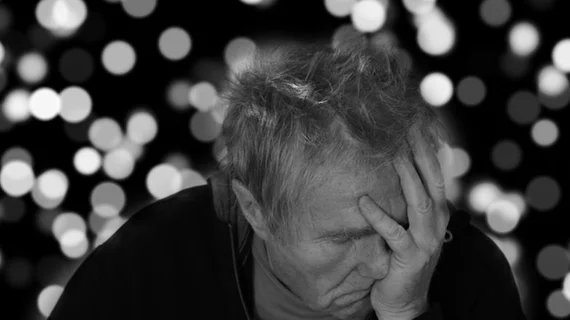MRI and PET findings could guide treatment of lingering concussion symptoms
Abnormalities of the thalamus on functional MRI scans could be to blame for persistent symptoms in the months following a concussion, according to new research out of the University of Cambridge in England.
Published in Brain, the study suggests that concussed patients display greater connectivity between the thalamus and other regions of the brain following their injury. These image findings were observed to be positively associated with cognitive and emotional symptoms up to six months following individuals’ initial head trauma.
Corresponding author of the new paper Rebecca Woodrow, a PhD student in the Department of Clinical Neuroscience and Hughes Hall, and colleagues elaborated further on the findings.
“Despite there being no obvious structural damage to the brain in routine scans, we saw clear evidence that the thalamus—the brain’s relay system—was hyperconnected,” the group noted. “We might interpret this as the thalamus trying to over-compensate for any anticipated damage, and this appears to be at the root of some of the long-lasting symptoms that patients experience.”
The team compared imaging from 108 symptomatic patients who had sustained a concussion to that of 76 healthy controls. Additional data derived from patients’ PET scans were included in the analysis to explore potential links between neurochemicals and patients’ symptoms.
Through this, they discovered increased connectivity between the thalamus and regions of the brain known to harbor the neurotransmitter noradrenaline; this finding was most evident in those with cognitive impairment. Additionally, patients with emotional symptoms showed hyperconnectivity between the thalamus and areas of the brain that produce serotonin.
The team noted that there are already drugs on the market that target these chemicals. That, coupled with early patterns identified on imaging of patients with head injuries, could help clinicians to initiate earlier treatment targeting specific post-concussive symptoms, the researchers suggested.
The study abstract is available here.

